An inguinal hernia is a weakness or defect in the abdominal or pelvic wall that may be present from birth or may develop throughout life. Hernia itself is not dangerous, but it is necessary to treat it surgically because of possible complications.
How to recognize a hernia?
Inguinal hernias usually do not cause any symptoms, the doctor may discover them only during a routine examination. In some cases, you may experience swelling that accompanies the formation of a hernia. The bulge becomes more visible when standing, and signs and symptoms of an inguinal hernia may include:
– Swelling in the area of the pubic bone (on both sides)
– Pain and discomfort in the groin area when bending over, coughing or lifting weights
– Pain and swelling around the testicles
–The appearance of a hernia on both sides of the pubic bone
– Pain and swelling in the testicle area
– Occurrence of problems with urination and stool
In the event of a pinched hernia, your life may be in danger, because it stops the blood flow. You can recognize a pinched hernia by the following symptoms:
– Nausea and vomiting
– Increased body temperature
– Rapid heart rate
– Sudden pain that is constantly increasing
– Swelling of the hernia that can turn red or blue
Hernia treatment
There is currently no method known to reduce or heal a hernia other than surgery. Surgical treatment of hernias is called hernioplasty, and the procedure can be performed under general, regional or local anesthesia.
The use of belts can prevent the hernia from bulging, but not in the long term. Belts also cause the formation of a scar around the hernia, which can make it difficult to have a subsequent operation. The first step you should take is to see a doctor, because delaying the operation increases the risk of entrapment of the hernia, which can result in emergency surgery due to the death of part of the intestine.
During the examination at Blue Polyclinic, our doctor will diagnose your illness and inform you in detail about the causes of the illness, the treatment and the operation itself. Therefore, they will inform you and familiarize you with all aspects of the operation and anesthesia, the postoperative course, the intensity of the pain, practically everything you are interested in regarding the operation.
What is the procedure for hernia surgery?
On the day of the scheduled operation, you will arrive at the agreed time and you will immediately receive laboratory results, EKG, X-ray, echo of the abdomen and heart if necessary.
Then you will be examined by our cardiologist and anesthesiologist, and two to three hours after admission you will go to the operating room. The operation lasts about an hour and is usually done under general or local anesthesia, which means that you will be awake and aware while the operation lasts unless you choose to be put to sleep. After leaving the operating room, if the procedure is performed under local anesthesia, you will spend a few hours in the polyclinic, after which you can go home. If you are operated under general anesthesia, your condition will require you to spend the night in our polyclinic.
You will come for the first control after two days, for dressing and on the eighth day for thread removal. You have no reason to worry because the hernia operation at Plava Polyclinic is performed by surgical specialists who have gained their experience working on a large number of very demanding surgical interventions. Do not delay the examination because your hernia will not disappear, it may just get bigger and bigger, which is why you will need a more extensive operation. Call us at 035 393 111 and schedule your appointment today!


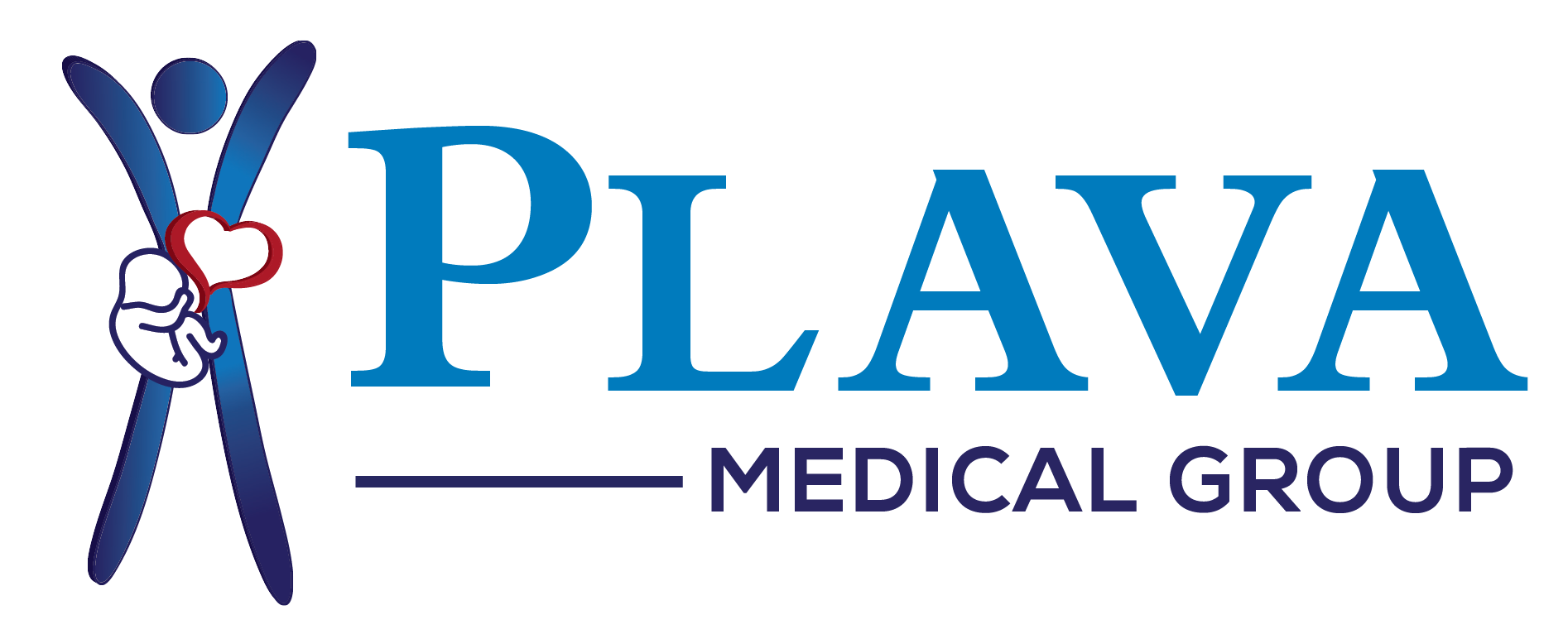
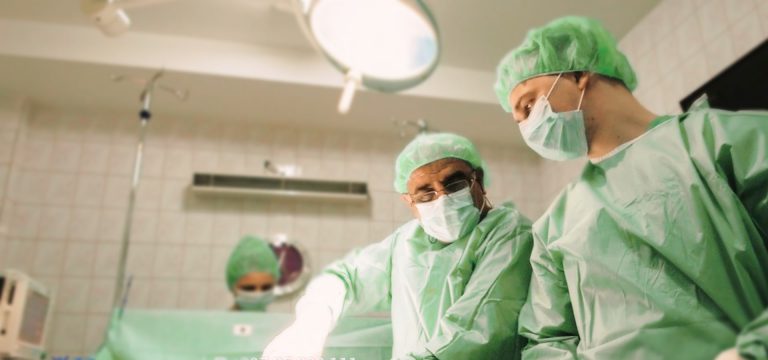

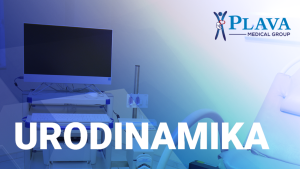

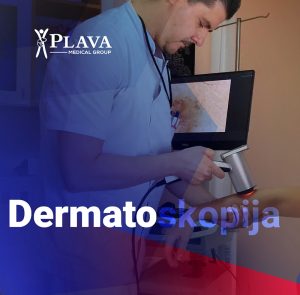
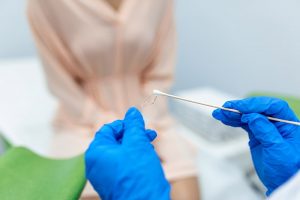
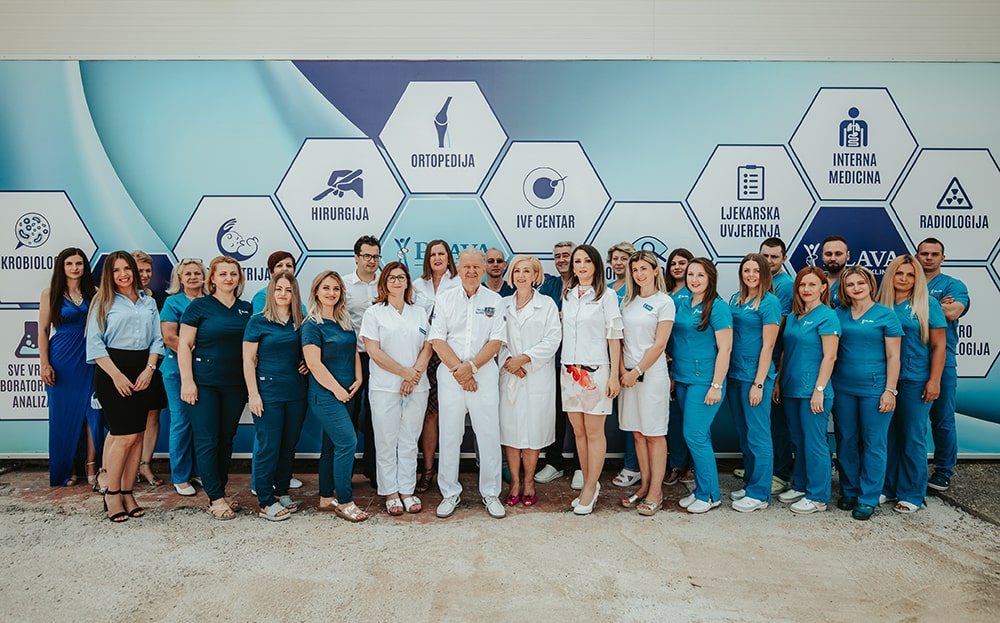

28 Responses
I am impressed with this website , really I am a big fan .
Thanks , I’ve recently been looking for info about this subject for ages and yours is the best I have discovered so far. But, what about the bottom line? Are you sure about the source?
02smrk
zod77f
I?¦ve recently started a blog, the information you offer on this site has helped me greatly. Thank you for all of your time & work.
Spot on with this write-up, I actually think this web site wants far more consideration. I’ll in all probability be once more to read rather more, thanks for that info.
“Keep functioning ,terrific job!”
07s8yo
webové stránky jsou opravdu pozoruhodné pro lidi zkušenosti, dobře,
information.|My family members every time say that I am killing my time here
n9ar49
cdzn25
r39doj
Zdravo, imam pupcanu kilu i zanima me koja je procedura. Kako ide sto se tice oporavka, koliko dugo ne bi smio raditi? Ne radim fizicki posao bavim se tetoviranjem. Ako moze i cijena? Hvala unaprijed
2kwf43
l1vdnh
Tak skal du have!|Olá, creio que este é um excelente blogue. Tropecei nele;
rtfqsp
Thank you for your sharing. I am worried that I lack creative ideas. It is your article that makes me full of hope. Thank you. But, I have a question, can you help me?
d5bge7
Your article helped me a lot, is there any more related content? Thanks!
3frd33
Профессиональный сервисный центр по ремонту бытовой техники с выездом на дом.
Мы предлагаем:сервисные центры по ремонту техники в мск
Наши мастера оперативно устранят неисправности вашего устройства в сервисе или с выездом на дом!
Howdy would you mind letting me know which webhost you’re working with? I’ve loaded your blog in 3 different internet browsers and I must say this blog loads a lot quicker then most. Can you suggest a good internet hosting provider at a reasonable price? Cheers, I appreciate it!
3gq0hi
m3mlw3
Your article helped me a lot, is there any more related content? Thanks!
I think this website has got some rattling wonderful information for everyone : D.